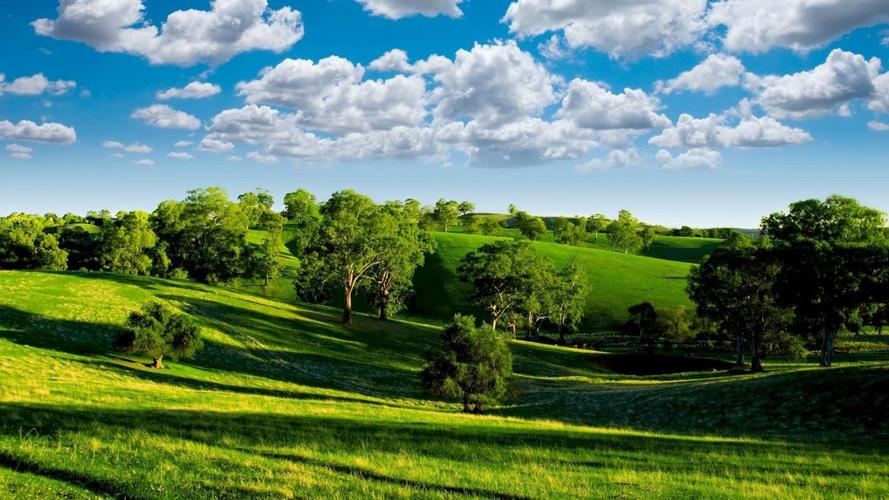Cultural Evolution vs Biological Evolution: Exploring the Debate
Evolution is a fascinating topic that captures the imagination of scientists, researchers, and enthusiasts alike. However, in recent times, there has been an ongoing debate between cultural evolution and biological evolution. While both have their merits and limitations, it is essential to understand the key differences between these two phenomena to arrive at a better understanding of the evolution of human beings. In this article, we will explore the debate between cultural evolution versus biological evolution, and how it affects our understanding of humanity’s origin and development.
Biological Evolution and Its Limitations
Biological evolution is the process of how living organisms change over time, adapting and evolving to environmental pressures and factors such as natural selection, genetic drift, and mutations. The theory of biological evolution is well-established and has a solid foundation of scientific research and evidence. However, this theory falls short when we must understand the unique characteristics of human development, such as language, culture, and technology.
The problem with biological evolution is that it is slow and unpredictable, whereas human cultural evolution is fast and adaptive. Moreover, biological evolution cannot account for the complex behaviors and social interactions that humans engage in regularly. Thus, the limitations of biological evolution have led to the emergence of cultural evolution as a complementary theory.
Cultural Evolution and Its Advantages
Cultural evolution is the study of how social learning and transmission shape human behavior and cognition. It is the theory that explains how humans are unique from other organisms, and how they develop over time through knowledge transfer and innovation. Cultural evolution has many advantages over biological evolution, as it provides us a framework to explain the rapid changes in human behavior and cognitive abilities.
One of the significant advantages of cultural evolution is that it can operate much faster than biological evolution. In a matter of generations, humans can develop new technologies, create new art forms, and establish novel social structures. Moreover, cultural evolution can explain how societies and civilizations emerge and change over time. It can track the diffusion of ideas, beliefs, and practices across different regions and continents, helping us understand the richness and diversity of human culture.
Cultural Evolution vs. Biological Evolution
The debate between cultural evolution and biological evolution is an ongoing one, and we are still far from arriving at a definitive conclusion. However, we can say that both theories have their strengths and weaknesses, and they complement each other in our quest to understand human development.
Biological evolution provides an explanation for our physical features and the physical environment we live in, while cultural evolution explains how humans interact with each other and shape the world around them. In essence, biological evolution sets the foundation for human development, while cultural evolution builds upon it and enhances it.
Conclusion
In conclusion, the debate between cultural evolution vs. biological evolution is an exciting and ongoing one, and it helps us to understand the unique features of human development. While biological evolution helps us to understand our physical features and environment, cultural evolution explains how humans interact with each other and shape the world around them. Thus, both of these theories are essential for a comprehensive understanding of human development and evolution. By integrating the two, we can develop a more robust and nuanced understanding of our journey as a species and how we got to where we are today.
(Note: Do you have knowledge or insights to share? Unlock new opportunities and expand your reach by joining our authors team. Click Registration to join us and share your expertise with our readers.)
